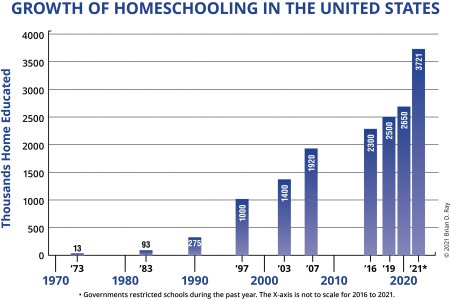I just listened to an Econtalk podcast between Russ Roberts and Joe Posnanski about Posnanski’s recent book about Harry Houdini. It was very enjoyable. They discussed fame and self-promotion and other interesting things about art and artists. You should give it a listen.
The thing that most interested me was the idea of “wonder”; something Posnanski realized had been a theme through all of his books (the others have been about sports).
There’s a great anecdote about the meeting between Houdini and the actress Sarah Bernhardt. Bernhardt asked Houdini to use his magical powers to restore her amputated leg. Houdini explained that he didn’t really have magical powers and what she was asking was impossible. She said that he did the impossible all the time.
Posnanski wrote: There is the amazing. And, there is the impossible.
In the interview, Posnanski says:
Yeah. The original title of this book was “The Amazing and the Impossible.” That was the original title. And then, as you well know with publishing houses, they were like, ‘You’re really going to write a book about Houdini and not have his name in the title? You’re not going to do that.’ So that goes.
But yeah; there is a very small but incredibly important line between what is amazing and what is impossible, and the greatest magicians–but I think also the greatest athletes and the greatest performers, the greatest musicians, the greatest singers and actors and–they walked that line. So that you see what Mike Trout does and you think, ‘Oh my gosh, it’s impossible. It’s impossible for somebody to be this good at this game, with that ball coming at him 100 miles an hour and this and that the other.’ And it’s not. It’s amazing, and it’s just right at that line between amazing and impossible.
That line (between the amazing and the impossible) is something that I love.
I really enjoy watching incredibly skilled athletes do things that are amazing. I also like to see magic tricks that I can’t figure out. I suppose that there might be an instant of “wonder” at how this could be possible, but that’s immediately followed by appreciation of how much talent and work and ingenuity went into preparing for the moment of being able to perform such amazing feats. I want to be enthralled by human excellence, not fooled into a bad model of the universe where the supernatural is possible.
Again, I admit, that a small aspect of the charm might be in spending a short while thinking about what the world would be like if it didn’t obey the laws of physics as we understand them, and there were other ways to cause things to happen. This is probably part of the charm of fantasy books (which aren’t my favorites). I like an instant of this kind of wonder, but I don’t want to live there. I want to live learning about the best theories available (at the level of interest to me) about how things really work.
I was reminded of the Penn & Teller “Honor System” trick, which involves Teller doing an escape and getting to another part of the stage. The audience is invited to keep their eyes open and see exactly how it’s done, or to close their eyes and then only open them when told to, and leave the mystery intact. I always wanted to look (and I did). I can understand and respect people who preferred to close their eyes, if they believed that keeping the mystery was their preferred way of appreciating the trick. To each his own.
But, I don’t respect using the mystery in order to make it easier to maintain a false belief about how the world works. Some people prefer to do that, or to exploit others by causing them to do that. To me, that’s a sub-human way to want to live.
I don’t think we have to (or should) sabotage our models of reality in order to enjoy life.
We can love the amazing without confusing ourselves about what is possible.

